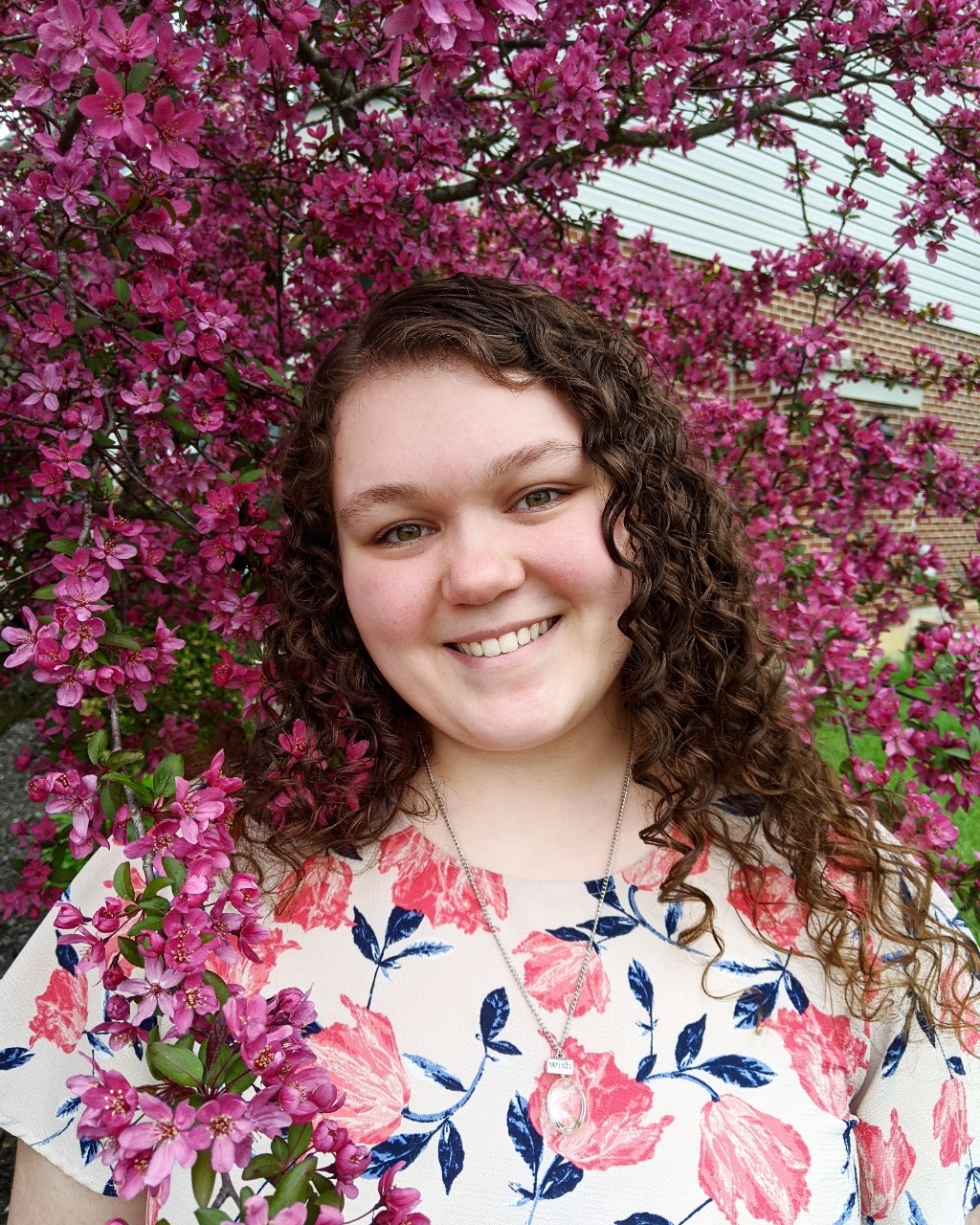“It’s not about convincing employers that our students have what it takes. It’s about convincing the students that they really have the skills people are looking for,” says David Bourne, sociology lecturer at Northern Kentucky University, about a new effort to create humanities internships.
This effort was organized by the department chairs of the NKU humanities programs: Drs. John Alberti (English), Caryn Connelly (World Languages and Literatures), Burke Miller (History and Geography) and Douglas Hume (Sociology, Anthropology, and Philosophy).
Together, the team created the Humanities Internship Team (HIT), which is composed of faculty representatives from each department. HIT members include Nancy Bowers and Drs. Bourne, Andrea Fieler Brian Hackett.
The HIT project, titled “If You Build It, They Will Come,” received partial funding in the amount of $7,500 through NKU’s 2020 Innovation Challenge. The team is focused on establishing business connections and placing students in new internship opportunities.
“Particularly for humanities majors, it can be difficult to articulate what their skills and abilities are,” Dr. Alberti says. “This team is an effort to make those skills more visible.”
The team created a handbook for students who are searching for internships as well as a list of competencies, which all humanities students learn.
“Problem-solving skills, critical-thinking skills, communication skills, analytical skills, teamwork skills—those are all things that employers want,” Dr. Bourne says. “And that’s the stuff we do really well in humanities.”
Many students don’t fully understand the value of these competencies because they aren’t tangible skills.
Internships are “great confidence builders,” Dr. Alberti explains. “They allow for those skills to really be used, and when they’re recognized by others outside the classroom, it’s affirming that ‘oh, you are good at these things.’ You have a lot of abilities that are valued in the workplace.”
The HIT’s work is also reaching other disciplines.
“Even within NKU, it’s helping people understand a little bit more about what we do in humanities,” Dr. Fieler says.
The types of internships the team seeks involve interdisciplinary work across the different humanities programs.
“When prospective students or parents ask what you can do with a humanities degree, we always say, ‘Well, you can do anything,’” Dr. Alberti says. “And it’s true!”
Some internships in which the team has placed previous students exemplify this interdisciplinary focus. A former veteran who graduated from NKU’s English department worked with Tier 1 Concealed and used his writing skills to create stories for company training videos.
And Jill Dunne (’01), an English alumna, had internship experiences with Cincinnati Bell and the Cincinnati Symphony Orchestra that led to her career as the current director of marketing and communications for the Cincinnati Art Museum.
Students from the Department of World Languages and Literatures who have an interest in law have worked with the Kentucky Interpreter and Translator Association (KITA) to provide translations of court proceedings, while others interested in education, such as 2019 graduate Amanda Davenport (’19), taught Spanish to adult learners through the Esperanza Latino Center in Covington, Kentucky.
Current students will have exciting opportunities to engage with organizations such as the Lewis and Clark National Historic Trail, where students will establish partnerships with various businesses along the trail route (such as museums, restaurants, and bed and breakfasts) for tourists to visit.
Each of these positions require that interns communicate effectively and professionally, which are skills that students majoring in the humanities use every day.
The COVID-19 pandemic has resulted in many companies slowing their operations. Once the workforce begins to recover from the pandemic, it is the HIT’s feeling that many businesses will be interested in creating new online internship opportunities.
“This may become a leaping-off point for the digitization of the business world,” Bowers says.
“We see this as an opportunity to step in when companies are starting up again with some quality students doing quality work,” Dr. Hackett explains. “Coming out of the pandemic, I think there’s going to be this new culture of engagement at the university and in the community.”
Dr. Alberti describes this culture of engagement as “a really exciting experience” seen during the 2020 Innovation Challenge. “You could really hear all the passion and commitment people had for their ideas.”
NKU established the HIT prior to the pandemic, so Dr. Hackett believes our students and faculty will be “heads and shoulders ahead of other universities” in terms of placing humanities students in successful internship opportunities.
“I would put our faculty and students head-to-head with any university around here,” he says. “In fact, I know NKU would come out on top.”







